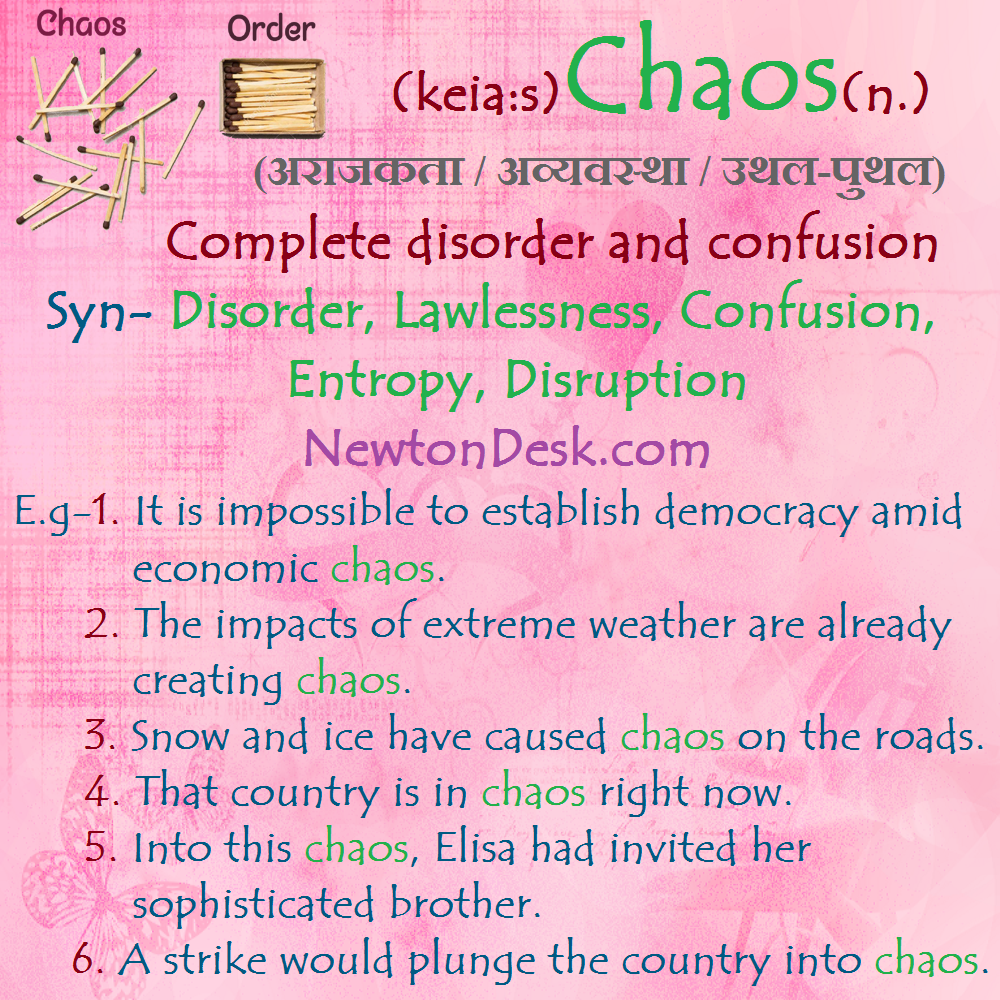112 Cn (Copernicium)
Mass number – 285
Atomic weight – 285.1744 g/mol
Atomic number (Z) – 112
Electrons: 112
Protons: 112
Neutrons: 173
Group – 12
Period – 7
Block – d
Element Category -Transition metal
Electron Configuration – 1s22s22p63s23p63d104s24p64d105s25p64f145d106s26p65f146d107s2
Electrons per shell – K2, L8, 18M, N32, O32, P18, Q2
Phase – Gas
Boiling point –354±110 K (84±110 oC)
Density when liquid – 23.7 g/cm3
Half life(s): 2400
Life time(s): 3500
Oxidation states – 2, (1), 0
Ionization energies – 1st: 1154.9 kJ/mol, 2nd: 2170 kJ/mol, 3rd:3164.7 kJ/mol
Atomic radius – 147 pm
Covalent radius – 122 pm
Crystal structure – Hexagonal close-packed
Appearance – Highly radioactive metal
CAS Number – 54084-26-3
Naming – After Nicolaus Copernicus
Discovery – By Sigurd Hofmann and colleagues (GSI Helmholtz Centre for Heavy Ion Research in Darmstadt, Germany)(1996)
Isotopes – 286Cn 285Cn & 283Cn
Uses – At present, it is only used in research
Natural abundance – It is formed by fusing lead and zinc atoms in a heavy ion accelerator
#Copernicium


